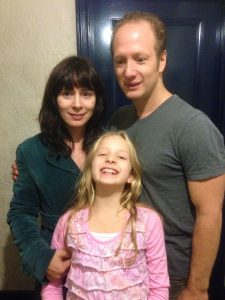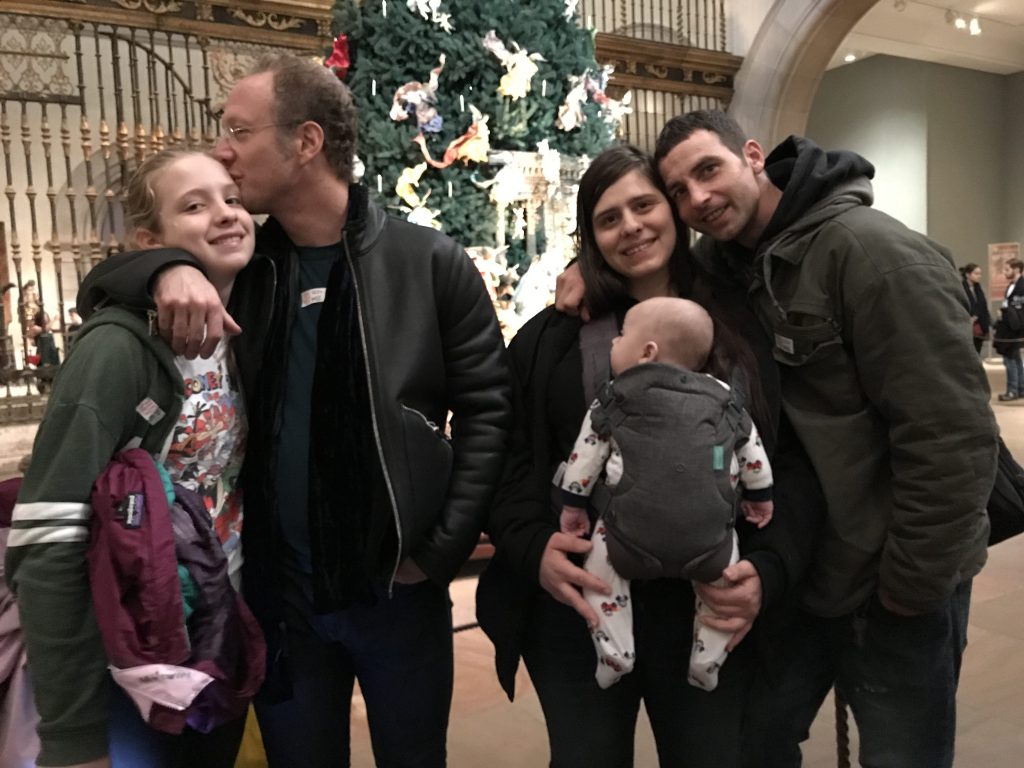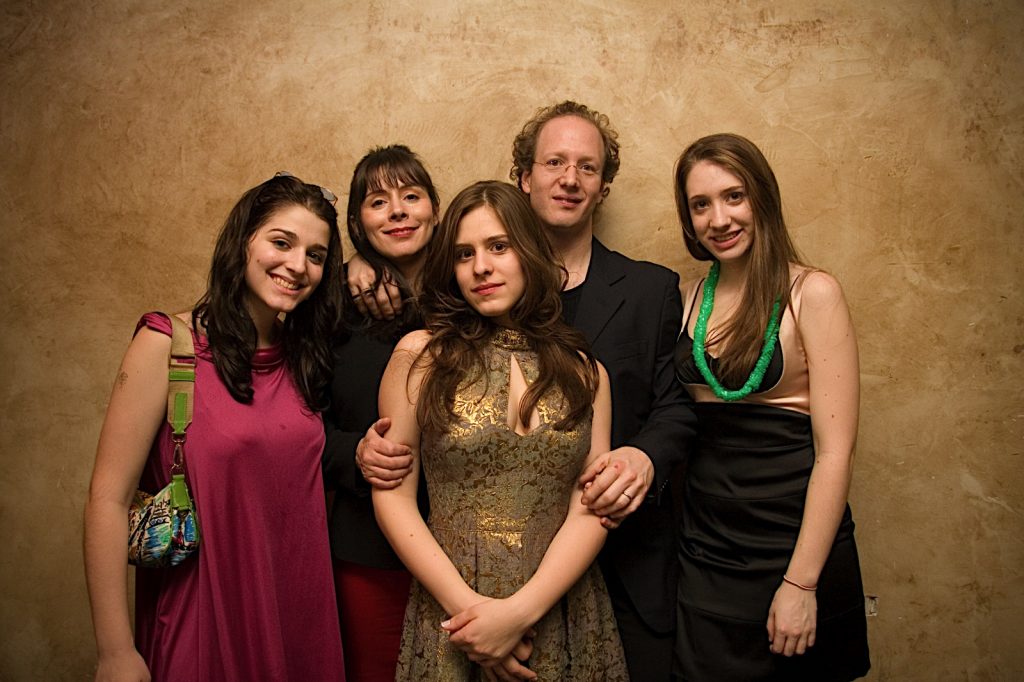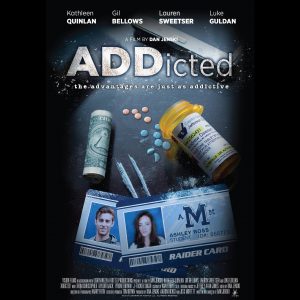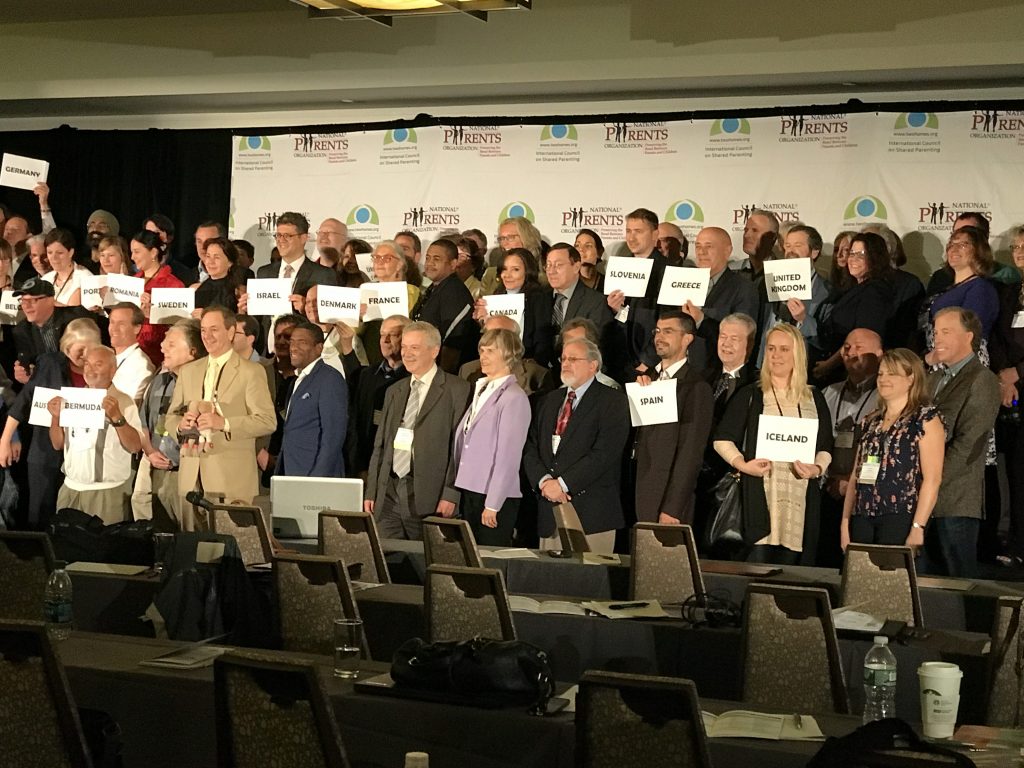Tender Loving Care for a Marriage
Tender Loving Care for a Marriage
Sabin and I came to a dark and stormy place in our marriage.
That diction belies the fresh and cutting pain of such a place and time.
When we both returned to the marriage, we sought help in putting things back together. There are books, websites, and videos that have helped us, and that continue to do so. I write this blog for people like us who are working to strengthen their marriage.
It’s a deeply heartfelt journey to restore a marriage to love and harmony.
One resource for us is Dr. Dana Fillmore’s Strong Marriage Now site, www.strongmarriagenow.com. Her videos and blog posts tell it like it is, spell out effective strategies for working through marital issues, and offer hope to a bewildered spouse floundering with the despair of a marriage on the rocks. There’s not a moment of fluff. She talks about personal responsibility and strategies for effective communication. Of particular note are the videos on “How to Get Your Partner Checked Back In,” “Get Over Past Pain – Forgive,” and “7 Steps to an Effective Apology.” I also liked her “Surviving an Affair” series.
Dr. Fillmore emphasizes time spent together in her valuable “StrongMarriageNow System.” At least 8 hours per week, she insists. Eight hours per week, every week. I think back over the past few years with Sabin and I realize, if he and I had been spending 8 hours a week together, we never would have come to the treacherous shoals of near divorce. Her “StrongMarriageNow System” is important. It’s worth the investment of time and money for anyone who cares about their marriage. Buy it now.
Note: I’m not an affiliate! I used her program and found it helpful. Her program became a springboard for me to explore the wealth of published wisdom on strengthening a marriage.
Somewhere in Dr. Fillmore’s website or blog, she recommended “The 5 Languages of Love,” and I bought this book by Gary Chapman. Sabin and I both took the quiz, and we discovered that his primary love language is Physical Touch, and mine is Quality Time. Neither of us had our love language spoken to us when we were separated by vast distances. It was a recipe for disaster.
I liked this book “The 5 Languages of Love: The Secret to Love that Lasts” and I recommend it for couples. It’s worth exploring how you and your mate each feel and receive love.
Isn’t that ultimately the point of the sacred union of marriage? To share joy and communion and to make each other feel safe and profoundly connected to each other? To be the one person who is the bulwark against the vagaries of fate, the one person who’s always there for your mate.
Googling online one morning over my coffee–coconut sugar and heavy whipping cream, please–I discovered a YouTube Video of Dr. John Gottman speaking. He was giving a lecture at a Rotary Club on “Making Relationships Work.”
I was electrified!
Dr. Gottman is an MIT-trained researcher with more than four decades of experience in carefully studying marriages, what makes them work and how they fail. His “4 Horseman of the Apocalypse“: Criticism, Contempt, Defensiveness, and Stonewalling shocked me with their truthfulness. I saw immediately that Sabin stonewalls, and that I, yes, alas, I am critical.
It was evident that I needed to work on myself so I wasn’t critical.
In a general way, our pattern is mirrored by men and women at large. Dr. Gottman says that 85% of stonewallers in a heterosexual marriage are men.
Defensiveness is when we don’t take responsibility for our part, or any part, of the problem.
Worst of all is contempt. “Contempt is sulfuric acid for love,” says Dr. Gottman, and it actually erodes the immune system.
It hit me like a lightning bolt across the steppes to have these 4 toxic styles of relating articulated so clearly. I don’t enjoy having my failings pointed out to me, but I want my marriage to work. I don’t want to be a critical wife. I want to be a loving and respectful wife. Not a doormat–a loving and respectful wife. In fact, I intend to be a loving and respectful person.
Dr. Gottman also discusses what makes a marriage work, the strategies employed by “the Masters” who have happy, successful marriages. He talks about creating an atmosphere of fondness and admiration; about turning towards each other, especially when one spouse makes a bid for connection; about exploring each other’s love maps; and about accepting influence from each other. Especially, he notes, a husband accepting influence from his wife will strengthen the marriage.
I watched all the Dr. Gottman videos I could find, and then I bought some of his books. “The Seven Principles for Making a Marriage Work” is wonderful. The sections on ‘Solving solvable conflicts’ and ‘Coping with conflicts you can’t resolve’ are useful in the loveliest ways. Every marriage endures conflict, even the happiest marriage. What matters is how conflict is handled.
It’s no easy thing to rectify and restore a marriage. It’s no easy thing to keep a marriage strong. Besides the internal relating styles that can complicate matters, there are external forces working to dissolve a marriage.
There are predatory women who want to scoop up other women’s husbands; there are low class women who come for a job interview and drop their knickers. There are selfish men who, if they want her, don’t care whether or not a woman is married or if there is a child involved. These sorts will manipulate to achieve their own ends. Their manipulations can be devastating for a marriage.
There are other negative outside influences that can derail a marriage. There are nasty in-laws. There are so-called “friends” who want to break up the marriage for their own spiteful or self-interested purposes. In my opinion, those types should be avoided as soon as they’re identified.
It’s easy enough to get married but hard to stay married. It’s the hardest thing we do, perhaps. It requires constant self-monitoring and constant accommodation and regular sacrifice.
Marriage requires sacrifice because it is sacred. Sanctity requires hard work and sacrifice. It’s the most poignant endeavor of all. It’s the hardest road to walk–and the most important, the most human.
To anyone out there who reads this blog post hoping for help for their painfully unsettled marriage: Welcome, and God Speed. I pray that these suggestions help you. I offer you my blessing.







